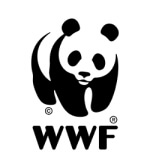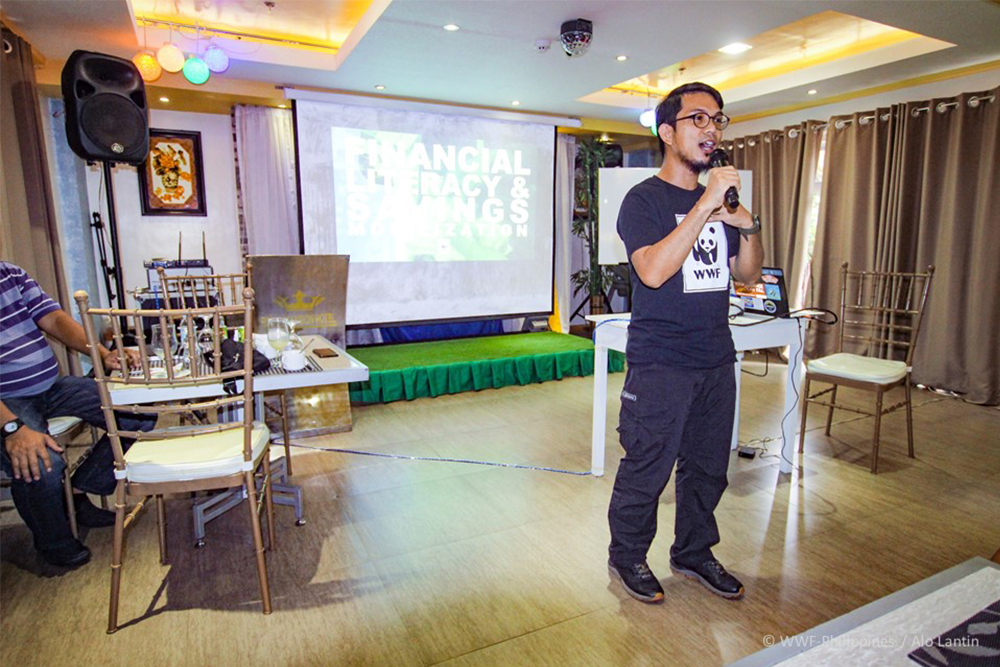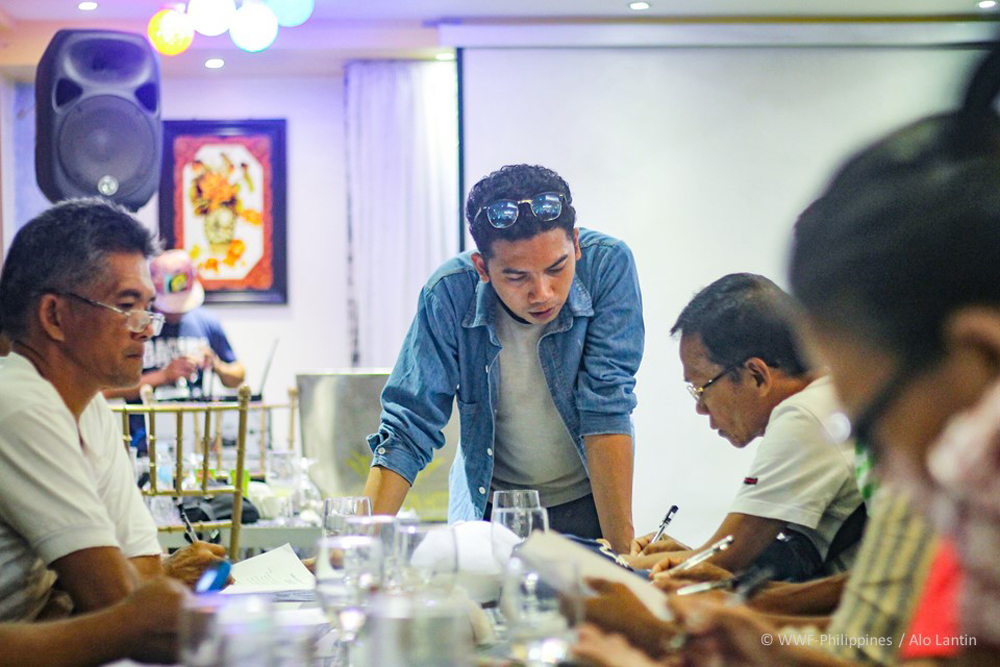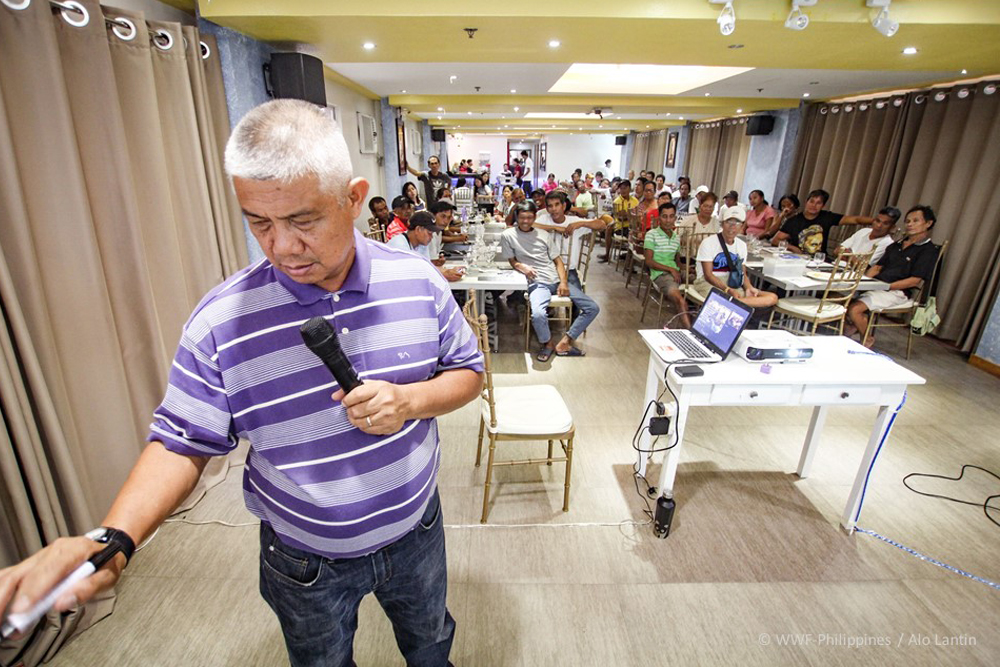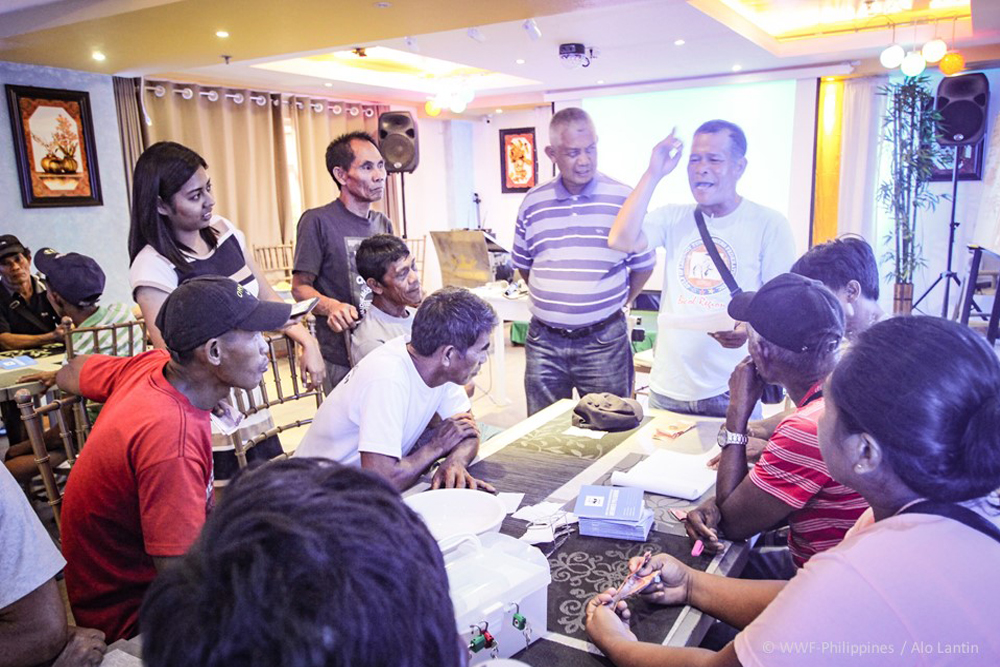From the 19th to the 20th of August, tuna fishermen from the coastal communities of Lagonoy Gulf, Bicol, met in the towns of Tabaco City to take part in financial literacy trainings conducted by the World Wide Fund for Nature (WWF) Philippines and Tambuyog Development Center.
The financial workshops were conducted in order to raise awareness among the fishermen over the importance of saving their funds. By instilling the concepts and principles of saving, the Sustainable Tuna team hopes that their fishermen will be able to build their financial capacities by themselves.
“What usually happens with us fishermen when we get too old to head out to sea is that we rely on our children to take care of us,” says Salvador Cas, tuna fisherman from the town of Malinao. The income of fishermen is almost exclusively dependent on the number of fish they are able to land. In lean seasons or with the dwindling of fish stocks, fishermen often find themselves faced with financial hardship – which is why the workshops are important.
WWF-Philippines Sustainable Food Systems Project Manager Monci Hinay conducted the workshops with the support of the Federation of Multi-Sectoral Alliance for Development (MUAD) Negros Executive Director Reynic Alo. Both Hinay and Alo have worked with agricultural communities across the Philippines, conducting financial literacy trainings with farmers to empower them and to increase their ability to spend for their own development.
“Why do we get up in the morning? We can’t deny it – a big part of it is so we can earn, so we can keep living. So we can support our families,” says Reynic Alo. An increase of savings and an understanding of basic financial literacy would allow fishermen to build up their finances. With more money, they would have the means to provide more for their families.
“The fastest way to get rich is to do it slowly,” added Alo.
Part and parcel to the workshops conducted by Hinay and Alo is the establishment of Group Savings and Loan Associations, or GSLAs. These GSLAs, or village banks as described by Hinay, are avenues for communities to voluntarily pool a mutual source of funds. Association members donate monthly dividends, which can then be used by to pay for communal development projects, as voted and decided upon by the GSLA’s members. As the fund grows, fishermen are also allowed to withdraw a loan, with an interest rate much lower than what would otherwise be given by a bank. For a town of tuna fishermen, a GSLA promises more productive livelihoods and an increase of the quality of life throughout the community.
“What we want to stress is that these GSLAs are an avenue for marginalized fishermen and farmers to mobilize their own savings. We want to educate these rural communities on the value of managing their finances, and we want to give them an easy way to do so,” says Hinay. WWF-Philippines, with the support of MUAD Negros, has established 28 GSLAs in rural communities all across the country.
“Us fisher folk have a hard time saving. I’m realizing now that it’s important,” says Aida Bonete, the wife of an elderly fisherman from the town of Malinao. All three of her children are adults who work the same tuna fisheries as her husband. Now in her old age, Aida Bonete relies on her children from time to time when money is short – but she wishes she didn’t have to.
“We don’t just want to rely on our children. They have their own lives. They have their own needs. I want to support them in my own way as well, however I can,” adds Bonete.
The Sustainable Tuna team continues to explore ways to support the lives of the small-scale fishermen of Lagonoy Gulf. Through technological developments, social innovations and the sharing of needed knowledge, WWF-Philippines hopes to see these fishermen take their lives into their own hands.

